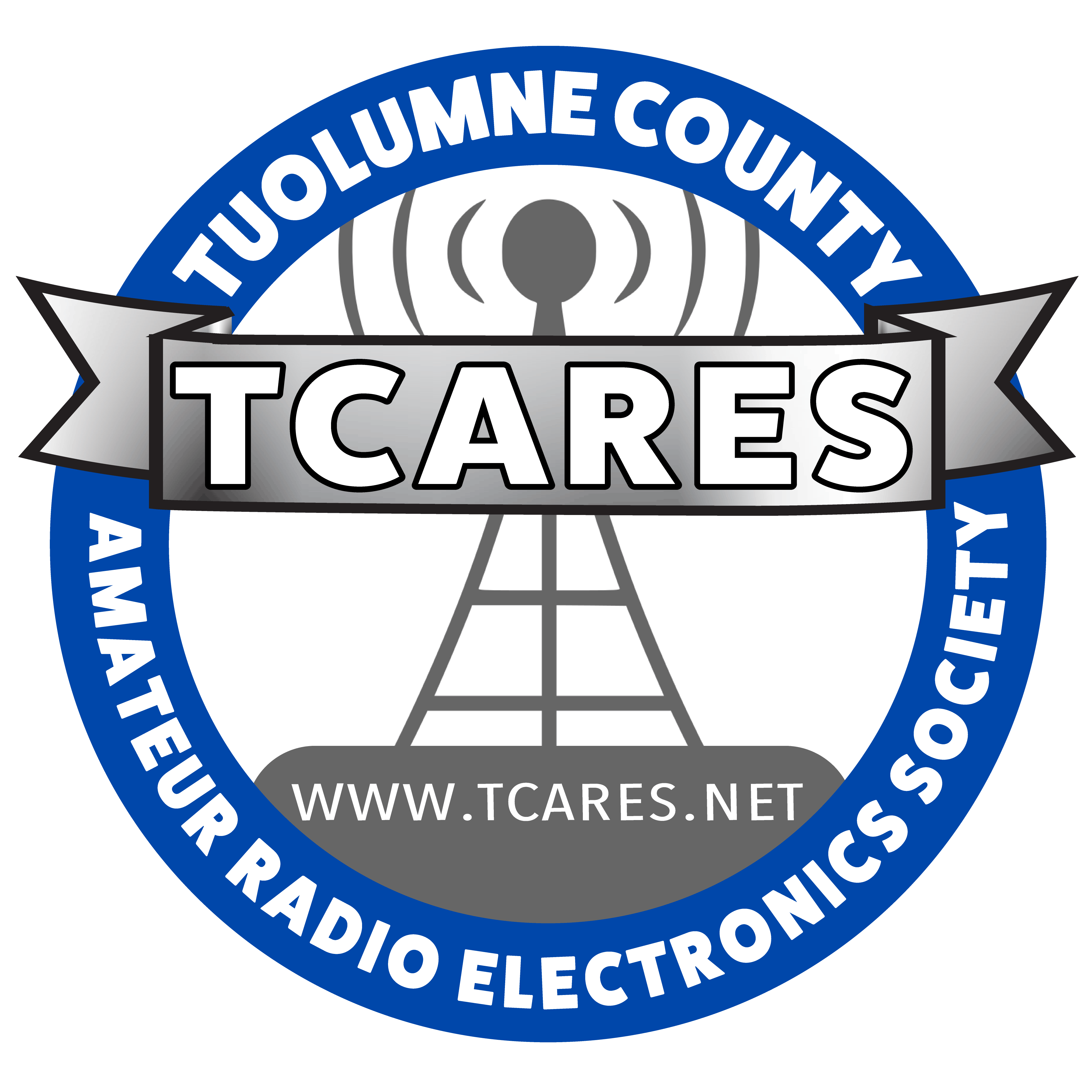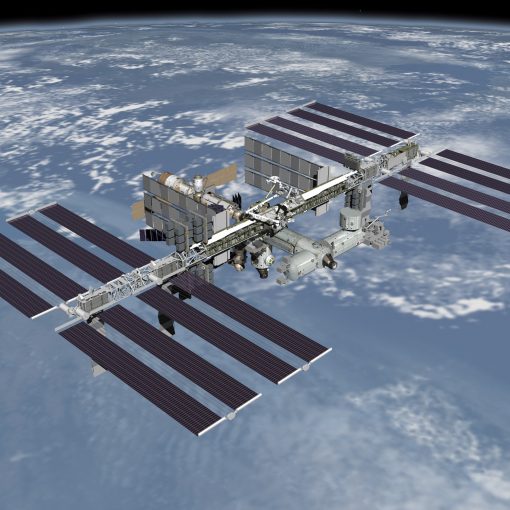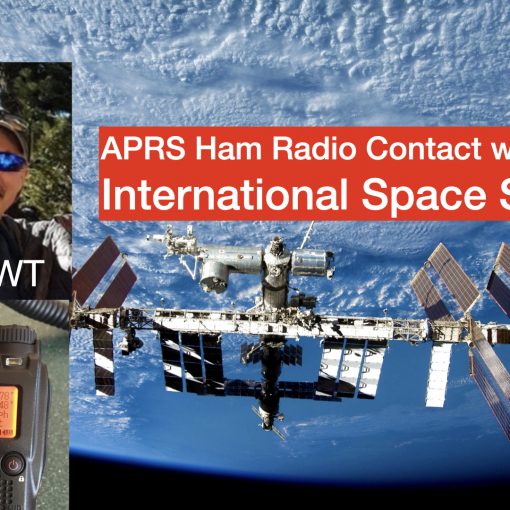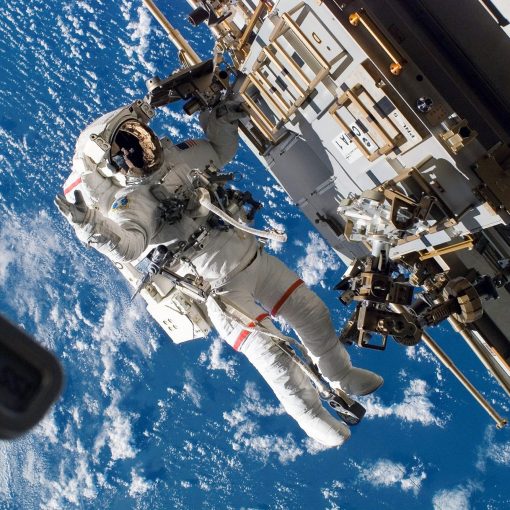Upcoming Contact with ISS, Listen from Central California on 145.800
Hand held and mobile radios can receive, use largest antenna you have.
Listen at 09:49 AM (9:49 AM pacific) CORRECTED TIME
- Mendez Fundamental Intermediate School, Santa Ana, CA, direct via AA6TB (Ricky Arnold KE5DAU)
Thu 2018-09-06 16:49:52 UTC 81 deg
An International Space Station school contact has been planned with participants at Mendez Fundamental Intermediate School, Santa Ana, CA on 06 Sept. The event is scheduled to begin at approximately 16:49 UTC. The duration of the contact is approximately 9 minutes and 30 seconds. The contact will be direct between NA1SS and AA6TB. The contact should be audible over the state of California, U.S.A and adjacent areas. Interested parties are invited to listen in on the 145.80 MHz downlink. The contact is expected to be conducted in English.
Mendez is a public school of choice, located in Santa Ana, a high-density city in Southern California. Mendez serves over 1400 students in grades 6-8 and students enroll through a lottery system. 98% of our students are Hispanic and 20% are English Learners. Our students participate in a robust STEM program including classes and clubs focusing on computer science, mechanical engineering, robotics, and rocketry. Our students have participated in many NASA and space related activities due to the personal interest and dedication of our teachers. For the past 5 years, student teams have participated in the Team America Rocketry Challenge. In 2017 two of our teachers flew aboard the Sophia and in 2016, we sent an experiment to the ISS as part of the Student Space Flights Experiments Program Mission 8. The Mendez flight experiment researched the question, “Does microgravity affect the water absorption of hyaluronic acid?” Most recently, we received a grant from ISS Above for tracking hardware/ software and curriculum. All of our students are enjoying these lessons as we prepare for our ARISS event.
Our students and staff are so grateful for this opportunity. At Mendez, our mission is to continue the work started by the Mendez family by providing our students with a rich array of opportunities, which spark curiosity, lead to deeper learning and open the door to future possibilities.
Thank you for spending some of your time with us.
Participants will ask as many of the following questions as time allows:
1. How is using a ham radio on the ISS different than operating one on Earth?
2. I was wondering if any of the current crew members are artists and if yes, how is it different from doing art on Earth?
3. How is it determined which astronaut conducts which experiments and can you choose which experiments to work on?
4. How does your research on salmonella in microgravity relate to life on Earth?
5. What do you do during your free time and how much free time do you have?
6. How do you deal with the lack of privacy on the ISS?
7. What is something you forgot to bring or wish you’d brought with you on this mission?
8. I’m always losing stuff. Have you ever lost something on the Space Station?
9. How has your time living on the ISS affected the way you live on Earth?
10. I want to be an astronaut when I grow up. What advice can you give me?
11. What is the thing you miss most while on the Space Station?
12. Our school sent up a student space flights experiment in 2016. Are you currently working on any student experiments?
13. How has your time in microgravity affected your coordination and vision? Have you noticed any lasting changes?
14. Do you ever get to contact your family? If yes, how?
15. What has been your biggest “AH HA!” moment? (What has surprised you the most?)
16. How did teaching in a classroom prepare you for doing science on the ISS?
17. How do your eyes adjust to the constant change from daylight to darkness as you circle the Earth?
18. Will you continue your exercise regime when you get back to Earth?
19. Do you ever feel nauseous when you are in space? What do you do if you get sick?
20. When you are sleeping on the ISS, what do you hear?





